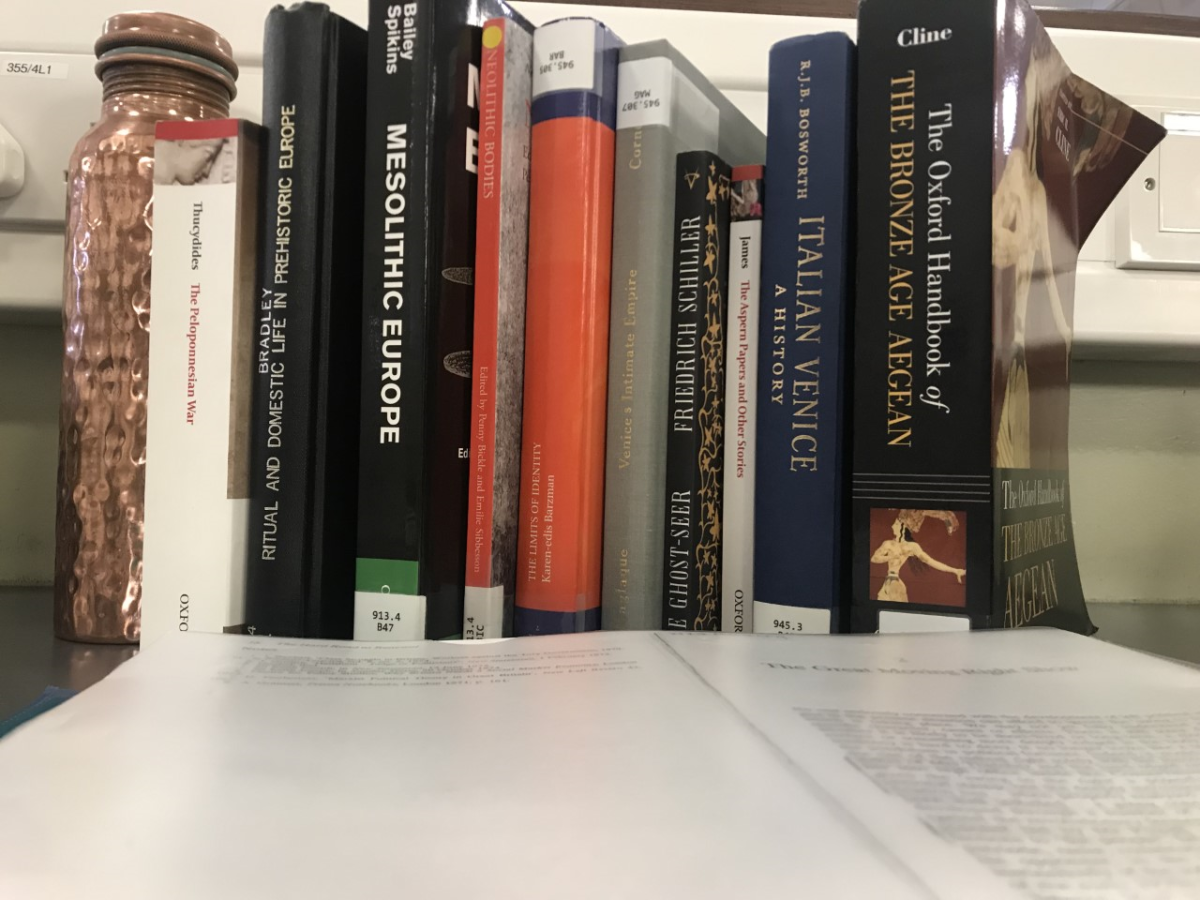Tackling the reading slump: Reading effectively

When you’re at uni, there’s no doubt you’ll be drowned in reading that you feel you just can’t keep up with – whether this be at the beginning of semester, or a good few weeks in, don’t panic.
We have some sure-fire ways to ease the burden. Below are some tips on how to make effective use of time spent reading.
Speeding things up
Before reading any assigned essays line by line, give it a quick, cursory reading or look-over. Getting familiar with the subject matter can make it easier to give context to any technical jargon. It can also speed up your reading time.
Pushing through disinterest
It’s a fact of university life that you’ll be assigned reading you’re not very enthusiastic about, or is written in a style you feel is inaccessible. Critiquing the academic style of a text is actually core to building your own style of writing. Push through the drier, more arid elements of seminar readings, and bring up any issues you have during the seminar. Seminars are places to share and discuss content, as well as guide you to developing your own academic style.
Structure your time
If you know you have lecture-gaps during the week, schedule in time to find a nice spot at the University and catch up on your reading. Half an hour blocks may be ideal to complete a cursory reading, so you can spend the next hour you have free doing the nitty-gritty engaging with the argument or plot elements. We’re spoilt for choice (most of the time) with areas to sit down and get on with work. With the Ali G, the Main Library, John Rylands, the SU and Uni Place, you’re sure to find a little spot of your own to crack on.
Write down any questions that may pop into your head when reading
If engaged, you’ll be asking questions. Maybe prematurely, maybe just through inquisitiveness, but those questions matter. They help you to track your thought process, and your understanding of the text.
If you fall away from a core argument, or forget key details of a plot, the questions asked will help you to identify when this happened, and probably why. If, once you’ve read the text, you can’t answer your own questions, take them to your seminars. There’s nothing worse than a silent seminar room because the class hasn’t prepped for a discussion. Make the best use of the time your tuition is paying for, by discussing readings that you’ve managed to read effectively.
You don’t have to do it all at once, but combining these tips can help you get the best out of seminars, study-time, and will have you well prepped for assignments.







